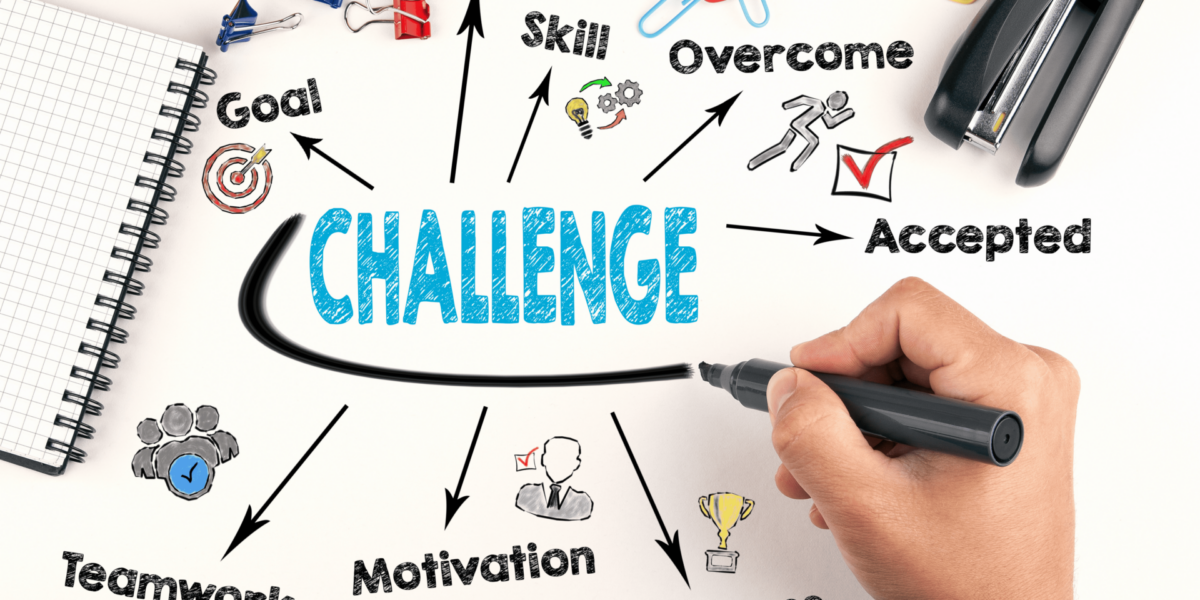Understanding the Link Between Physical Sensations and Mental Focus
The body often communicates its needs before the mind fully registers them. Subtle changes—such as muscle tension, shallow breathing, or a sudden shift in posture—can signal that focus is slipping. When ignored, these physical cues can lead to mental fatigue and reduced clarity. By recognizing these signs early, you can adjust your environment, posture, or breathing to restore concentration before it declines.
Recognizing Stress Through Bodily Patterns
Stress manifests physically before it becomes an emotional or mental challenge. A tightened jaw, clenched fists, or a rapid heartbeat are indicators that the nervous system is shifting into a heightened state. These changes can disrupt clear thinking and decision-making. Identifying these patterns quickly allows you to step back, reset your breathing, and recalibrate your mental state to avoid reactive or unfocused choices.
Using Breath as a Barometer for Mental State
Breathing patterns reveal a great deal about current mental performance. Short, shallow breaths often accompany distraction or anxiety, while steady, deep breathing supports clarity and calm. Monitoring your breath throughout the day provides real-time feedback on your mental condition. Small corrections—like expanding your exhale or pausing between breaths—help shift the nervous system back into balance, allowing for sustained mental precision.
How Muscle Tension Impacts Cognitive Function
Muscle tension, especially in the neck, shoulders, and back, can quietly drain mental energy. Persistent tightness reduces blood flow and oxygen delivery to the brain, limiting focus and alertness. Being aware of when these muscles tighten—such as after prolonged sitting or intense concentration—gives you the chance to stretch, move, or change positions. Each adjustment creates a physical release that supports clearer, more organized thinking.
Identifying the Energy Drop Before It Affects Focus
Energy levels influence mental clarity, and the body signals an impending drop before the mind fully notices. Heavy eyelids, slower movements, or a sense of physical heaviness often appear when mental energy is fading. Recognizing these signs allows for proactive measures such as hydrating, adjusting lighting, or briefly moving around. Addressing energy dips early helps maintain cognitive sharpness.
The Role of the Gut in Mental Performance
The connection between gut health and mental clarity is well-documented. Discomfort, bloating, or irregular digestion can interfere with focus and mood regulation. These signals often point to dietary factors, hydration issues, or stress responses. Paying attention to gut-related changes enables you to identify patterns that impact mental sharpness and make adjustments that support both physical comfort and cognitive performance.
Temperature and Mental Alertness
The body’s temperature can subtly influence concentration. Feeling overly warm may lead to sluggishness, while feeling cold can cause physical distraction. Both states can pull attention away from the task at hand. Monitoring temperature changes throughout the day and making small environmental adjustments—like layering clothing or adjusting airflow—helps maintain physical comfort and mental steadiness.
Aligning Posture With Mental Engagement
Posture is a physical reflection of mental engagement. A slouched position often accompanies low focus, while an upright stance signals alertness and readiness. Awareness of your posture allows for quick self-corrections that not only improve breathing and circulation but also reinforce an attentive mental state. Consistent posture checks can anchor the body and mind in sustained clarity.
Hydration as a Signal and a Solution
Even mild dehydration can impair concentration and memory. The body signals dehydration through dry mouth, headaches, or a subtle drop in physical energy. By noticing these early signs, you can take small, immediate actions to restore hydration and prevent cognitive slowdown. Keeping hydration consistent throughout the day supports both physical vitality and mental performance.
Training Yourself to Respond to Early Signals
Decoding the body’s signals for mental clarity is not an instinctive skill—it develops through practice and observation. Setting intentional check-in points throughout the day allows you to scan for tension, breathing changes, or posture shifts. Over time, this awareness creates a feedback loop between body and mind, enabling faster, more effective responses that keep mental clarity steady and reliable.









